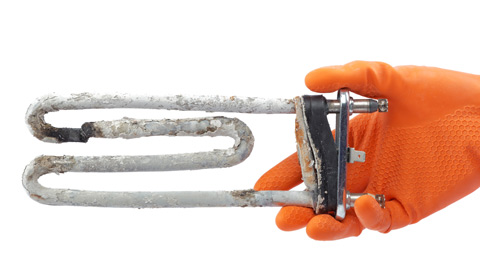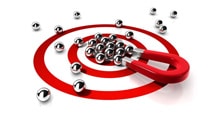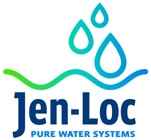HARD WATER


How does Zeolite work?
Given enough time, water is the single most destructive element on this planet.
Almost anywhere you travel or live on this planet, there is evidence of “hard water” which is a white calcification buildup on surfaces that is difficult to remove, but what is it? The simple definition of water hardness is the amount of dissolved calcium and magnesium in the water.
Drinking hard water is generally safe, in fact it may actually be beneficial towards your health, but it raises havoc with buildup on expensive fixtures, dishes, tea kettles and expensive coffee machines! Other negative effects of hard water are dry skin and hair, faded clothes, stained sinks bathtubs and glass showers, frequent plumbing repairs and unsightly dishware.
We measure hardness in grain per gallon (gpg) as a unit of measure defined as 1 grain of calcium carbonate dissolved in 1 US gallon of water. We measure someone’s analysis result against a scale to gauge how much issue they will have. Typically, water that contains less than 1 gpg is considered soft, water with 1 to 3 gpg is slightly hard, water with 3 to 5 is moderately hard, water with 5 to 8 is hard and everything over 8 is considered extremely hard.
Most people building a new home or remodel are installing thousands of dollars into new fixtures and appliances that can quickly have issues, therefor the recommendation is to install a water softener or treatment system. The choice of some sort of system is truly an investment in your investment but there are now more options than ever. Water softened with traditional units introduce salt to your water in the ionic exchange (a soft mineral for a hard one). A traditional system requires adding salt monthly, if the unit needs service the water may be brackish or salty. An example of naturally soft water would be rainwater, but our zeolite uses a natural material to filter out the minerals that create hardness and leave the water as just H2O, nothing added.
